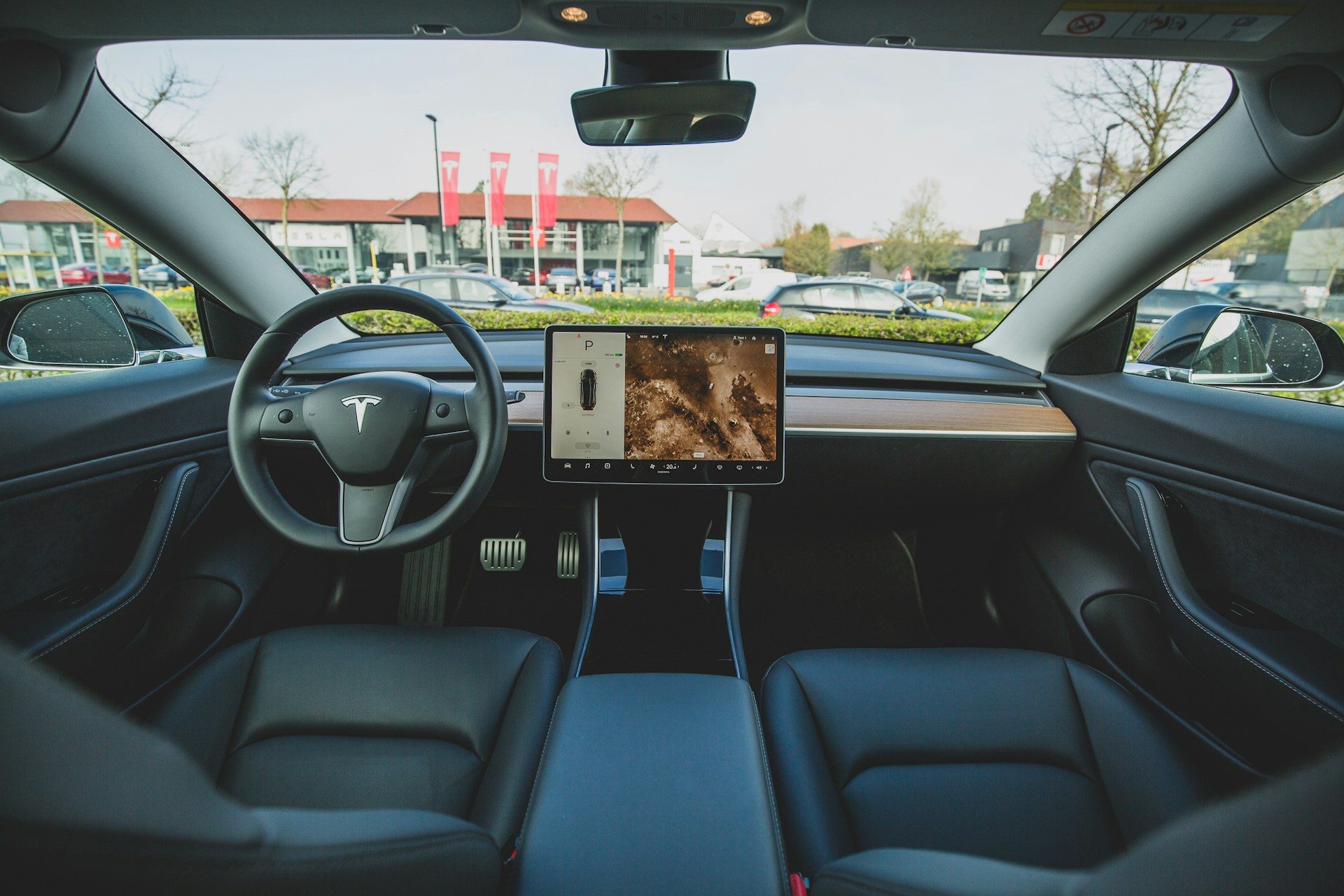The United States Departments of Transportation and Energy have announced $325 million in additional investments to improve the dependability of electric vehicle (EV) chargers and reduce industry costs.
United States Plans to Invest $325M In Improving EV Charger Reliability And Lowering Costs
In a news release issued Friday, the White House announced three programs to repair and replace current, non-operational chargers around the country, to reduce the cost of deploying charging in underprivileged regions, and to lower battery costs. Part of the money includes over $149 million in incentives for repairing non-working charging equipment, which is expected to help bring 4,500 damaged public chargers back into service.
According to the White House, the initiatives would "increase the reliability and resilience of publicly accessible chargers, advance EV technologies, and support workforce development for EV charging deployment and maintenance."
The statement also discusses the Biden administration's notice of intent to submit regulations related to the 30C tax credit, which recommends definition changes that would allow about two-thirds of Americans to save up to 30% on charging equipment.
Federal Funds to Bolster EV Charging Network and Enhance Reliability
EV charger reliability has long been scrutinized by EV drivers and regulators alike, particularly those who have had to charge their vehicles at non-Tesla charging stations, as per Teslarati. The California Energy Commission revealed plans last year to develop a regulatory framework for public EV charger dependability and availability, but this is the first time federal funding has been allocated to support maintenance.
The newly announced financing schemes follow $623 million in grants announced earlier this month, which are intended to help close gaps in the United States' charging infrastructure.
The press statement includes a number of cash pledges for the programs, including Tesla's plan to provide at least 7,500 Superchargers to non-Tesla owners this year. Throughout much of last year and early this year, practically every automaker agreed to adopt Tesla's charging hardware, known as the North American Charging Standard (NACS).
The list also includes numerous additional automakers, as well as a new charging station joint venture including BMW, General Motors (GM), Honda, Hyundai, Kia, Mercedes-Benz, and Stellantis, which is projected to deploy 30,000 electric vehicle charging stations.
It also mentions many non-automakers as participants in the program, including the Hilton agreement for up to 20,000 Universal Wall Connectors, which was revealed in September. All of the companies on the private sector EV charging commitments document are listed below:
EV Charging Deployment
Automakers
- JV created by BMW, GM, Honda, Hyundai, Kia, Mercedes-Benz and Stellantis
- Tesla
- Forum Mobility
Charging Companies
- bp pulse (EV charging arm of bp, formerly British Petroleum)
- EVgo
- Francis Energy
Notable Charging Partnerships
- Pilot, GM, and EVgo
- TravelCenters of America and Electrify America
- Mercedes-Benz, ChargePoint, and MN8 Energy
- GM and FLO
- Forum Mobility and local San Pedro and Oakland ports
- EVgo and Meijer
Hospitality/Retail
- Marriott
- Hilton
- Walmart
EV Charger Manufacturing
- Kempower Inc.
- EdgeEnergy
- BorgWarner
- Daimler Truck North America, NextEra Energy and BlackRock Alternatives
- Ingeteam
- Atom Power
- XCharge North America
- Star Charge
- LG Electronics
Photo: Bram Van Oost/Unsplash



 AMD Shares Slide Despite Earnings Beat as Cautious Revenue Outlook Weighs on Stock
AMD Shares Slide Despite Earnings Beat as Cautious Revenue Outlook Weighs on Stock  Nvidia Confirms Major OpenAI Investment Amid AI Funding Race
Nvidia Confirms Major OpenAI Investment Amid AI Funding Race  SpaceX Updates Starlink Privacy Policy to Allow AI Training as xAI Merger Talks and IPO Loom
SpaceX Updates Starlink Privacy Policy to Allow AI Training as xAI Merger Talks and IPO Loom  SoftBank Shares Slide After Arm Earnings Miss Fuels Tech Stock Sell-Off
SoftBank Shares Slide After Arm Earnings Miss Fuels Tech Stock Sell-Off  Nintendo Shares Slide After Earnings Miss Raises Switch 2 Margin Concerns
Nintendo Shares Slide After Earnings Miss Raises Switch 2 Margin Concerns  Google Cloud and Liberty Global Forge Strategic AI Partnership to Transform European Telecom Services
Google Cloud and Liberty Global Forge Strategic AI Partnership to Transform European Telecom Services  Palantir Stock Jumps After Strong Q4 Earnings Beat and Upbeat 2026 Revenue Forecast
Palantir Stock Jumps After Strong Q4 Earnings Beat and Upbeat 2026 Revenue Forecast  Anthropic Eyes $350 Billion Valuation as AI Funding and Share Sale Accelerate
Anthropic Eyes $350 Billion Valuation as AI Funding and Share Sale Accelerate  SpaceX Prioritizes Moon Mission Before Mars as Starship Development Accelerates
SpaceX Prioritizes Moon Mission Before Mars as Starship Development Accelerates  Amazon Stock Rebounds After Earnings as $200B Capex Plan Sparks AI Spending Debate
Amazon Stock Rebounds After Earnings as $200B Capex Plan Sparks AI Spending Debate  SpaceX Pushes for Early Stock Index Inclusion Ahead of Potential Record-Breaking IPO
SpaceX Pushes for Early Stock Index Inclusion Ahead of Potential Record-Breaking IPO  Global PC Makers Eye Chinese Memory Chip Suppliers Amid Ongoing Supply Crunch
Global PC Makers Eye Chinese Memory Chip Suppliers Amid Ongoing Supply Crunch  Sam Altman Reaffirms OpenAI’s Long-Term Commitment to NVIDIA Amid Chip Report
Sam Altman Reaffirms OpenAI’s Long-Term Commitment to NVIDIA Amid Chip Report  Baidu Approves $5 Billion Share Buyback and Plans First-Ever Dividend in 2026
Baidu Approves $5 Billion Share Buyback and Plans First-Ever Dividend in 2026 































